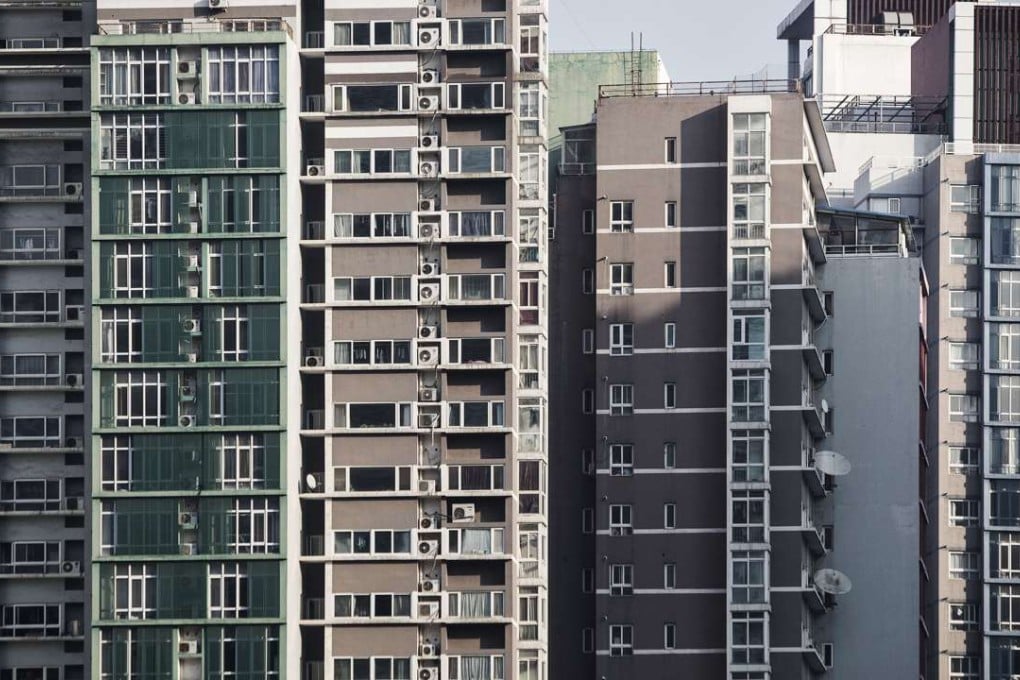Developers brace themselves as Beijing gets tough on flats sold on commercial land
China Vanke, Longfor and Evergrande are among the big-name builders whose projects are affected

Property developers are facing a potentially huge dent in their sales in Beijing after the municipal government declared war on residential apartments being sold on land intended for commercial use.
As part of a broader campaign to curb the capital’s frenetic home buying and skyrocketing prices, the Beijing authorities on March 26 banned all sales of new apartments built on plots that were originally acquired as commercial or office land.
The converted commercial projects had become increasingly popular as the dwindling supply of new residential land made them a more affordable option, particularly among young buyers.
Until now, the so-called “commercial apartments” also had the advantage of not being subject to home purchase restrictions, meaning non-local hukou – household registration – holders could buy as many units as they liked.
But under tough new restrictions, only people with Beijing hukou – and non-hukou holders who have paid social security for five consecutive years and do not already own a home – can buy them.
And they must be existing units. The new rules stipulate that new commercial apartments cannot be sold to individuals at all.